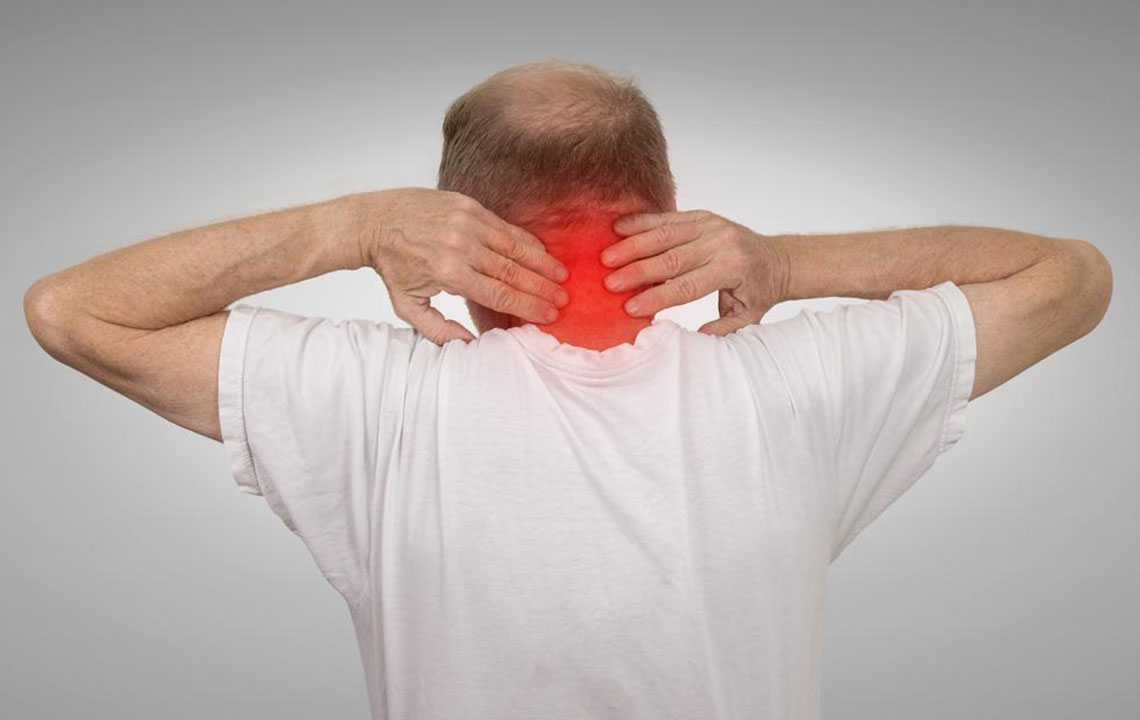Understanding Spinal Stenosis: Causes and Prevention Tips
This article explains spinal stenosis, its common causes, and practical prevention tips. Maintaining an active lifestyle, proper posture, and correct lifting techniques can help delay or prevent the condition. The focus is on promoting spine health through simple lifestyle modifications, such as regular movement, ergonomic habits, and supportive sleeping arrangements. Implementing these strategies can significantly reduce the risk of spinal stenosis and improve overall back health.

Understanding Spinal Stenosis: Causes and Prevention Tips
Spinal stenosis involves the narrowing of the spinal canal, leading to pressure on the spinal cord or nerve roots. This condition often causes pain in the back or neck and sharp sensations extending to the limbs.
The primary cause is age-related degeneration of the spine. While aging cannot be stopped, certain lifestyle habits can help delay the progression and lessen the symptoms of spinal stenosis.
Tips to Prevent Spinal Stenosis Although aging is inevitable, adopting healthy habits can significantly impact spinal health and reduce the risk of developing stenosis.
Here are some practical tips for maintaining spine health:
Keep Moving
Engaging in regular exercise helps strengthen spinal support muscles, boosts flexibility, and maintains a healthy weight. These factors reduce stress on the spine, lowering the risk of stenosis.
Avoid Extended Sitting
Sitting for long periods places additional pressure on the spine, as leg shock absorption diminishes. Take short breaks and walk around every 30 minutes to relieve pressure.
Practice Correct Driving Posture
A proper seat angle (around 100 degrees) provides better back support, preventing strain that could accelerate spinal issues.
Sleep on Supportive Mattresses
Choose a firm, supportive mattress to reduce back stiffness and discomfort. Replacing worn-out mattresses can improve sleep quality and spinal health.
Lift Properly
Use correct techniques like squat lifts for heavy objects to avoid back injuries. Even light lifting with improper form can cause damage over time.
Implementing these lifestyle habits promotes overall spinal well-being and helps prevent spinal stenosis. Embrace these practices for a healthier, pain-free life.










